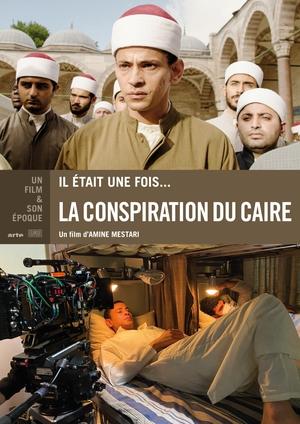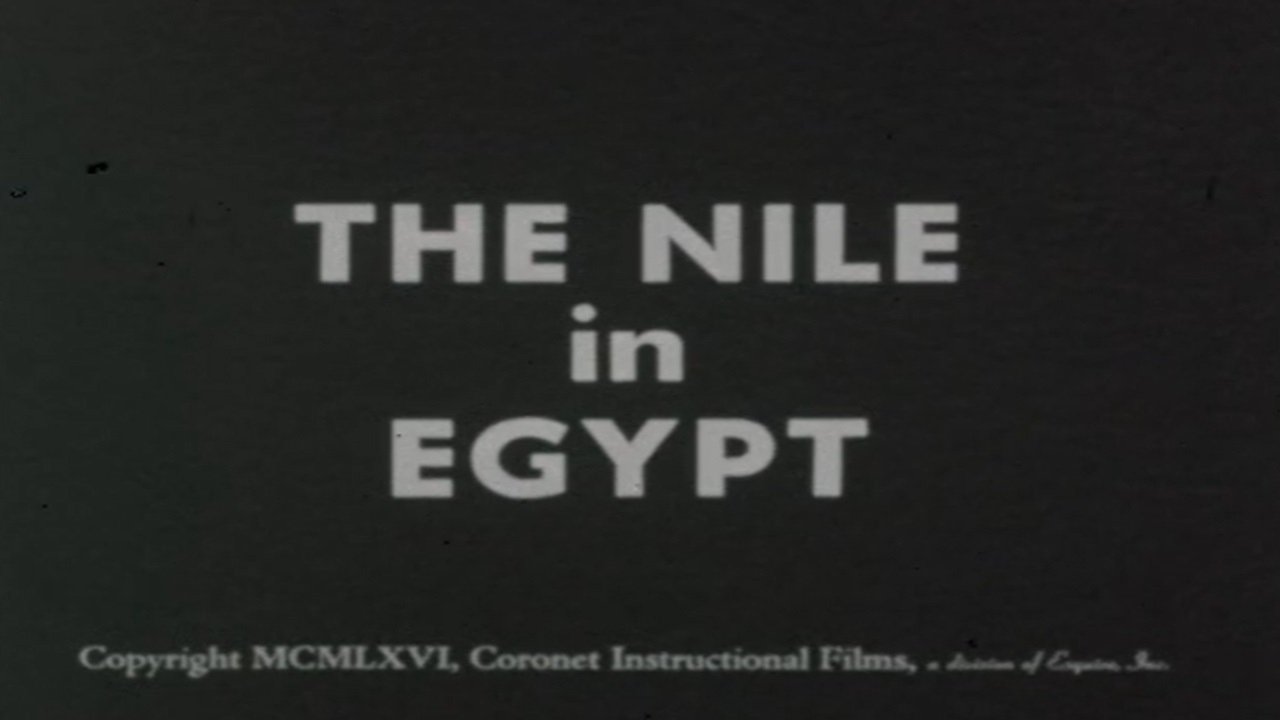
The Nile in Egypt

The Nile in Egypt
HomePage
Overview
Contrasts ancient and modern methods of irrigation along the Nile. Discusses the benefits of the dam at Aswan. Shows how the Nile brings fertility to Egypt and serves as a vital artery of transportation.
Release Date
1966-01-01
Average
0
Rating:
0.0 startsTagline
Genres
Languages:
Keywords
Similar Movies
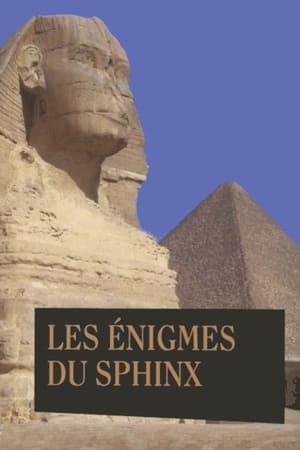 6.0
6.0Riddles of the Sphinx(en)
For over 4000 years, the Sphinx has puzzled all who have laid eyes on it. What is this crouching lion, human-headed creature? Who built it and why? To unlock its secrets, two teams of scientists and sculptors immerse themselves in the world of ancient Egypt — a land of pharaohs and pyramids, animal gods and mummies, sun worship and human sacrifice.
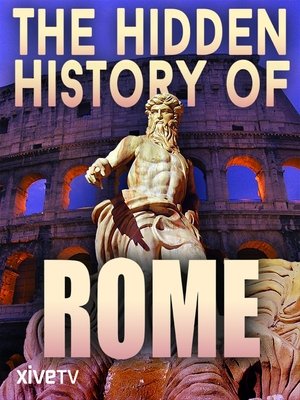 5.0
5.0The Hidden History of Rome(en)
Rome was famed for the decadence of its ruling class, however, what about the ordinary citizens of these ancient cultures? How did they lead their day to day lives in an age when the average life expectancy was little more than forty? Did they believe in the Pagan Gods? What were their sex lives like? What did they do for entertainment? How ordinary Romans lived is, for the most part ...
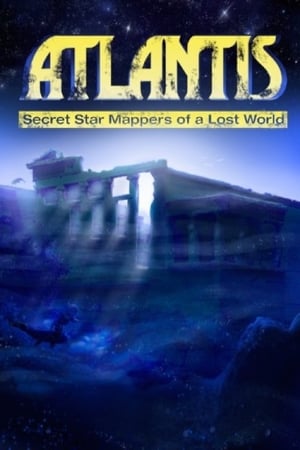 0.0
0.0Atlantis: Secret Star Mappers of a Lost World(en)
Go beyond the lost human history! A profile and examination of the recent findings of a highly advanced human settlement submerged at the end of the Ice Age when the sea level rose. The story of Atlantis has its roots in actual historical events!
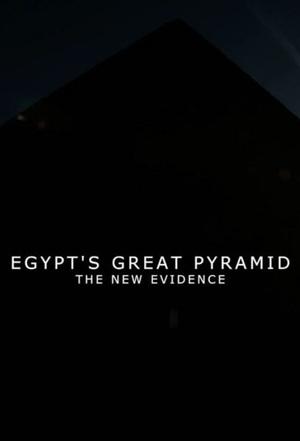 8.0
8.0Egypt's Great Pyramid: The New Evidence(en)
Egypt's Great Pyramid may be humanity's greatest achievement: a skyscraper of stone built without computers or complex machinery. This super-sized tomb has fascinated historians and archaeologists for centuries, but exactly how the ancient Egyptians finished the monument and fitted its two and a half million blocks in a quarter of a century has long remained an enigma. Today the secrets of the pyramid are finally being revealed thanks to a series of new findings. At the foot of the monument, archaeologists are uncovering the last surviving relic of the pharaoh Khufu, whose tomb it is: a huge ceremonial boat buried in flat-pack form for more than 4500 years. It's a clue that points to the important role that ships and water could have played in the pyramids' construction. This documentary follows investigations that reveal how strong the link between pyramids and boats is. It's a story of more than how Egypt built a pyramid: it's about how the pyramid helped build the modern world.
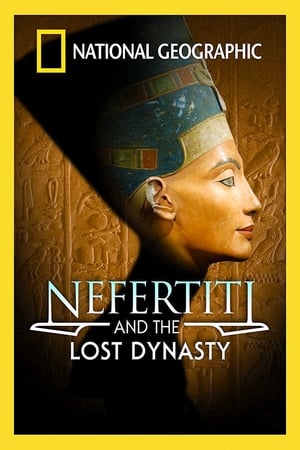 7.0
7.0Nefertiti and the Lost Dynasty(en)
It is one of Egypt's enduring mysteries. What happened to Nefertiti and her husband, Akhenaten - the radical king, and likely father of King Tut? In a dark and mysterious tomb located in the Valley of the Kings, there is a small chamber with two mummies without sarcophagi or wrappings. At times, both have been identified as Queen Nefertiti by scholars, filmmakers and historians. But the evidence has been circumstantial at best.
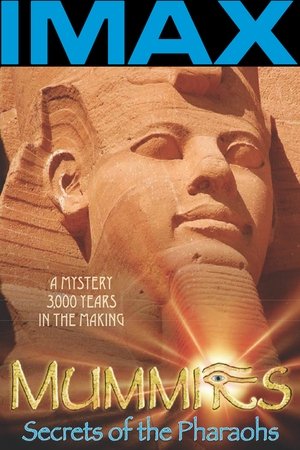 6.8
6.8Mummies: Secrets of the Pharaohs(en)
The grail is not the gold, nor the books of ancient wisdom, but the 3,000 year old DNA of the mummies, which may lead to a cure for malaria.
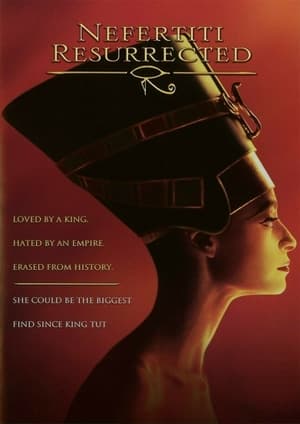 6.7
6.7Nefertiti: Resurrected(en)
Has the famed Egyptian beauty, Queen Nefertiti, been found in a secret chamber deep in the Valley of the Kings? A Discovery Channel Quest expedition led by Dr. Joann Fletcher and a team of internationally renowned scientists from the University of York Mummy Research Team hopes to find out. If they find her, it will be one of the greatest archaeological discoveries since Nefertiti's stepson, King Tutankhamen, was discovered in 1922. The "Great Royal Wife" of the renegade Akhenaten, Nefertiti was a mother of six who helped lead a religious revolution that changed Egypt and the world forever. Yet after her death, her enemies destroyed all evidence of her life. Now, drawing on 13 years of research, Fletcher and her team bring Nefertiti's turbulent reign to life like never before with cutting-edge computer animations to recreate ancient Egypt's great temples, x-rays to reveal the telltale signs of foul play on her mummy, and forensic graphics to recreate the mummy's face.
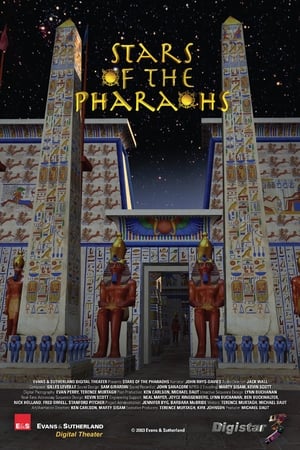 0.0
0.0Stars of the Pharaohs(en)
Travel to ancient Egypt to see how science was used to tell time, make a workable calendar, and align huge buildings. You'll learn about the connection the ancient Egyptians felt with the stars and various astronomical phenomena, and experience some of the most spectacular temples and tombs of the ancient world recreated in all of their original splendor. Telly Award winner. Narrated by John Rhys-Davies, of the Indiana Jones films and The Lord of the Rings films.
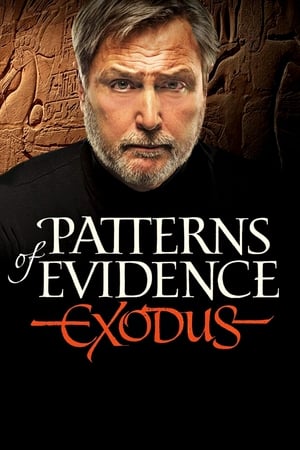 7.1
7.1Patterns of Evidence: The Exodus(en)
A debate rages over the credibility of the Bible. Most archaeologists today have concluded that there's no evidence that the Exodus of Israelite slaves from Egypt ever happened. Filmmaker Timothy Mahoney faces a crisis of faith: "Is this foundation event of the Bible really just a myth?" He embarks on a 12-year journey around the world to search for answers. The Exodus unlocks the mystery of this ancient saga, combining a scientific investigation with a retelling of the Exodus story to reveal an amazing pattern of evidence matching the biblical account that may challenge our understanding of history.
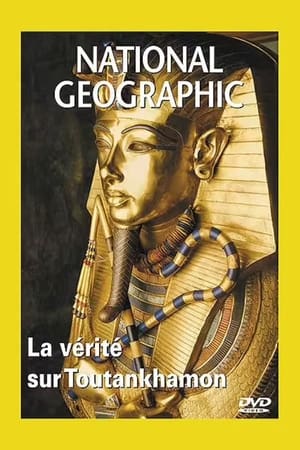 6.0
6.0King Tut's Final Secrets(en)
As part of a high-tech forensic probe into the demise of Egyptian Pharaoh Tutankhamun, scientists use X-rays and CT scans as they attempt to reach a conclusion about just how this famed king died. In addition, they explore the mysterious curse on explorers linked to Tut's tomb excavation.
 6.0
6.0Koran by Heart(en)
In this 80-minute documentary, three 10-year-old children leave their native countries to participate in one of the Islamic world’s most famous competitions, a test of memory and recitation known as The International Holy Koran Competition. Up against much older students, these youngsters have committed the 600 pages of the Koran to memory, and will put their skills to the test before the elite of the world’s Muslim community in Cairo, Egypt. In the midst of this intense international competition, the three young competitors –two boys from Senegal and Tajikistan, and one girl from the Maldives – face uncertain futures at home, as they are caught between fundamentalist and moderate visions of Islam. The children discuss their recitation techniques – with accompanying, completely improvised melodies – and talk about their nerves and excitement as they finally compete before a panel of judges.
 0.0
0.0Egypt: The Treasure Of The Sacred Bulls(en)
Through their fieldwork, scientists bring to life a lost and unknown chapter of ancient Egypt, and write the next of the greatest adventures in the history of archaeology.
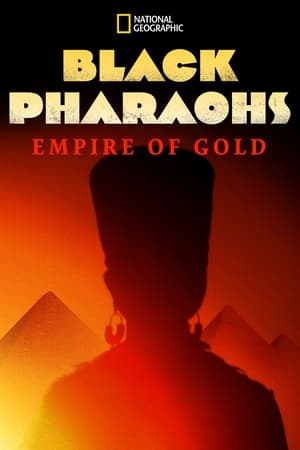 8.0
8.0Black Pharaohs: Empire of Gold(en)
It's a land of pyramids, gold, and ancient treasure, but it's not Egypt. It's present-day Sudan, once home to the glorious kingdom of Kush. Now, archaeologists are using every means possible - from robots to rock climbers - in their search for clues about this long-neglected culture. Once the Kushites filled the pharaohs' coffers with gold and, for a time, they even ruled over all of Egypt, but only now is their real story beginning to emerge.
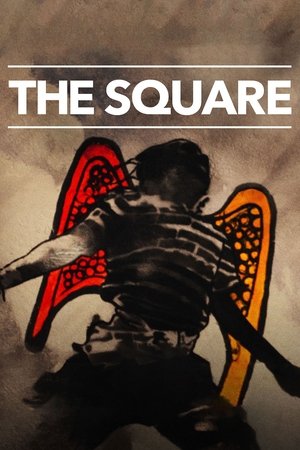 7.7
7.7The Square(ar)
The Square looks at the hard realities faced day-to-day by people working to build Egypt’s new democracy. Cairo’s Tahrir Square is the heart and soul of the film, which follows several young activists. Armed with values, determination, music, humor, an abundance of social media, and sheer obstinacy, they know that the thorny path to democracy only began with Hosni Mubarak’s fall. The life-and-death struggle between the people and the power of the state is still playing out.
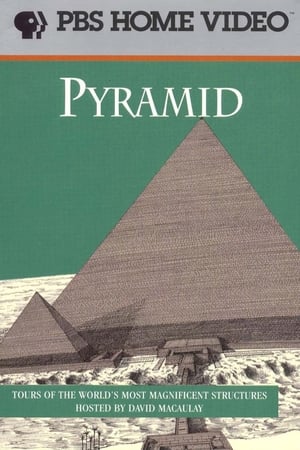 0.0
0.0David Macaulay: Pyramid(en)
How did ancient Egyptians build the Great Pyramid at Giza, joining two million blocks of heavy stone with amazing precision? Who were the leaders who built these enormous structures, and what did these tombs signify? Host David Macaulay explores the history, mythology, and religions of Egypt's people, combining live footage and animation. Take a rare look at the mummy of Ramses II and buried treasure in the sacred Valley of the Kings.
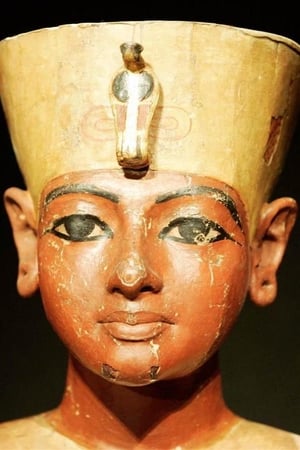 0.0
0.0Egypt's New Tomb Revealed(en)
American archeologists have found a new tomb in the desert valley. This is the first find of this magnitude since King Tutankhamun's tomb was uncovered in 1922, according to Egypt's Supreme Council of Antiquities. Called KV 63 - it is the 63rd discovered since the valley was first mapped - the new, intact tomb was found just 16 feet away from King Tut's resting place. A team of archeologists led by Otto Schaden discovered the tomb by accident while conducting "routine digs" on the nearby tomb of King Amenmesses, a 19th Dynasty pharaoh. Explore the wonders of the magnificent lost era.
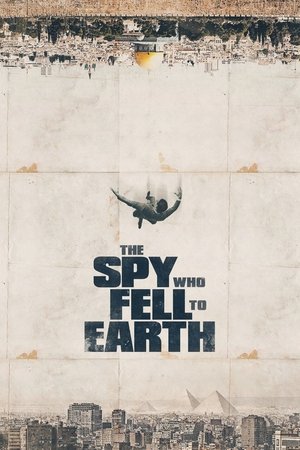 6.8
6.8The Spy Who Fell to Earth(en)
Based on Dr. Ahron Bregman's book, this documentary examines the life and mysterious death of Ashraf Marwan, an Egyptian billionaire and double agent.
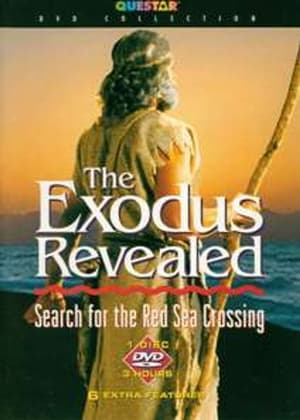 6.0
6.0The Exodus Revealed(en)
During the Exodus, one of the most famous miracles of the Old Testament took place. More than 3000 years have passed since Moses led two million Israelites across the Red Sea and out of the bondage of Egypt. Christians, Jews, and Muslims throughout the world still embrace the accounts of this remarkable event. It is an epic that so fascinated Hollywood director Cecil B. DeMille that he made THE TEN COMMANDMENTS, twice. Now THE EXODUS REVEALED follows the footsteps of the children of Israel in an unforgettable journey of discovery. A journey that reveals physical evidence for the Exodus including: the remains of 3800 year old Hebrew settlements in Egypt's Nile Delta; Egyptian records of the Israelites bondage under Pharaoh; the precise route they may have followed to freedom; their crossing site on the shore of the Red Sea; and the location of Mt. Sinai. THE EXODUS REVEALED brings to light the first significant archaeological "find" of the 21st century.
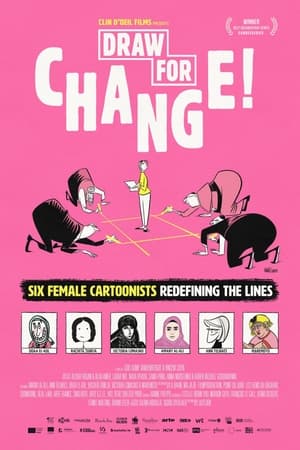 9.5
9.5Draw Me Egypt - Doaa El-Adl, A Stroke of Freedom(en)
Doaa el-Adl, the first woman to be awarded the esteemed Journalistic Distinction in Caricature, serves as a catalyst for transformation within the predominantly male-dominated realm of Egyptian political cartoonists. Challenging patriarchal norms, she routinely confronts censorship, harassment, and even threats to her life. In a remarkable fusion of documentary, cartoons, and animation, Egyptian director Nada Riyadh breathes life into el-Adl's most renowned works. This dynamic and fearless presentation delves into the issue of violence against women, stretching the boundaries of freedom of speech in a society often characterized by restrictions. Through her exceptional talent, el-Adl not only champions women's rights but also serves as an inspiration for societal change.
